Secrets to a Stress Free Life
Posted on April 20, 2010 by Debra Burdick
Life is full of stressors. I once heard Norman Vincent Peale say that the only people without problems and stress were ‘all those people buried over there in that cemetery’. He was right. If we are alive, we have plenty of triggers for stress. But it’s how we choose to respond to something that determines how stressful it is to us. It’s important to pay attention to your stress level. Being chronically stressed is deadly!
Here are eleven great ways to lead a more stress free life.
1) Identify the sources of stress in your life. Look at the chronic stresses that never get resolved or that recur regularly. Is the stress time pressure, financial worries, relationship issues, concerns about your child, health worries, or difficulties with your boss?
2) Look for ways to change the stressful situations. For example, if your job is very stressful, make changes that ease the stress, and talk to your boss about options for change. If this doesn’t work, start looking for a less stressful job situation. Your life depends on it.
3) Understand how you respond to stress and to learn to manage your response. Try to understand what makes these things stressful for you. Do you feel overwhelmed, angry, frustrated, worried, or hopeless? Different people will respond differently to the same stressor. Some people become very angry at seemingly minor things while others never seem to get upset. You have a choice about how you respond. Make that choice carefully.
4) Pay attention to your thoughts. If you worry constantly, you will be in a constant survival mode. Worry and anger release stress hormones. Learn to manage your thoughts. Replace worry or negative thinking with calm, positive thoughts. Reach for a thought that feels better. For example, instead of telling yourself ‘I have too much to do, I will never get it all done’, replace this thought with ‘I know I have a lot to do, but I’m good at getting things done. I will just get started, take one task at a time and do what I can’.
5) Talk to someone about how you are feeling. Don’t try to do it all alone. When you share your feelings with someone else you will feel better. And they may have some excellent suggestions for helping you de-stress. This could be a friend, family member or perhaps a psychotherapist. A therapist will help you understand yourself better and help you explore options for changing the stressful situation and how you respond to stress. They will help you manage your thoughts and feelings.
6) Learn and practice daily meditation. This calms the mind and the body and will help to lower the level of stress hormones in your body. Many meditations focus on the breath. By regulating your breathing you indirectly regulate your stress hormones. To begin, try to meditate for 4 minutes twice a day. It works!
7) Exercise regularly. Find an exercise that you enjoy and fit it in at least three times per week. While you are exercising, watch your thoughts. If you spend the whole time feeling angry about something and running it over and over in your mind, you will negate some of the benefits of the exercise. Exercise can help you lower the background level of the stress hormones.
8) Get some help. Design your life so you are doing only those things that only you can do. For example, if you are in business, focus on serving your clients and attracting more clients and nothing else. Get an assistant to answer the phone, manage your emails, do the bookkeeping, etc. At home, get some cleaning help, use Stop and Shop Peapod to have your groceries delivered to your home, and hire someone to mow your lawn. Find a babysitter so you have a night out with your life partner. You get the idea.
9) Eat a healthy diet on a regular schedule. Don’t skip meals. Make sure you are getting all the nutrients your body needs to handle stress. Eat organic foods whenever possible to reduce your toxic load. Eat only the calories that you will use up daily. Drink plenty of water.
10) Take care of yourself. You may be in the mode of taking care of everyone else but yourself.; You must take care of yourself to be available to help others. Get a good night’s sleep. Get a massage. Relax in a warm bath or hot tub. Read a good book. Watch a favorite movie. Listen to some upbeat or relaxing music. Go out to dinner with some friends. Play a game with your kids. Take a break. Sing. Watch a good comedian. Get outside and let nature rejuvenate you. Make a list of ways you can do this for yourself.
11) Do some Neurofeedback Training. Neurofeedback is a form of biofeedback on brainwaves that teaches your brain to regulate itself better. It is effective for depression, anxiety, sleep disorders, and much more.Neurofeedback is approved by the FDA for stress management.
I would love to hear your personal experiences with this topic.
Categories: Anxiety, Articles, Depression, Neurofeedback, Sleep

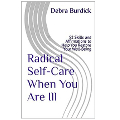
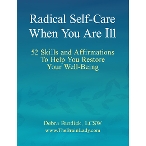
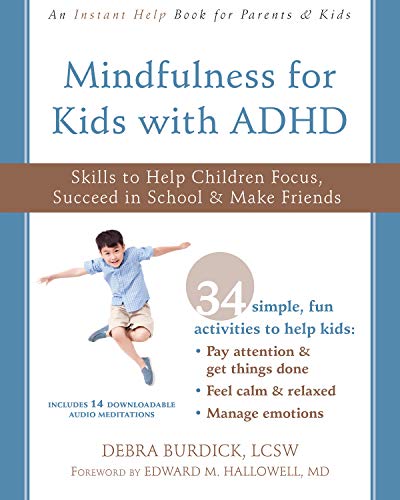
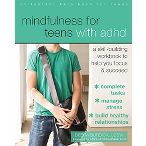
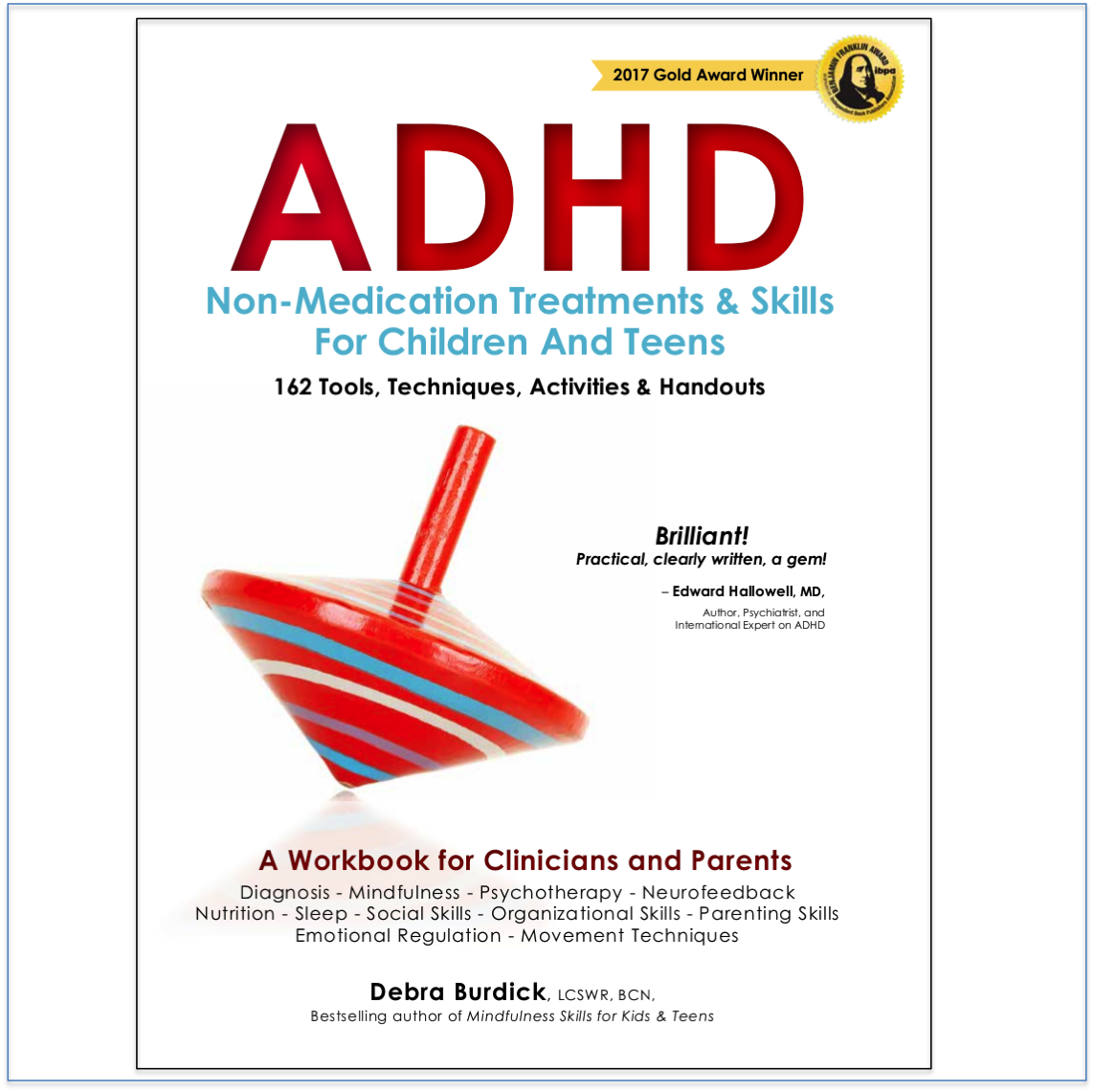
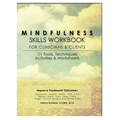
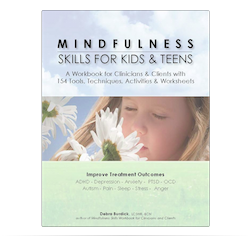
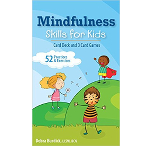
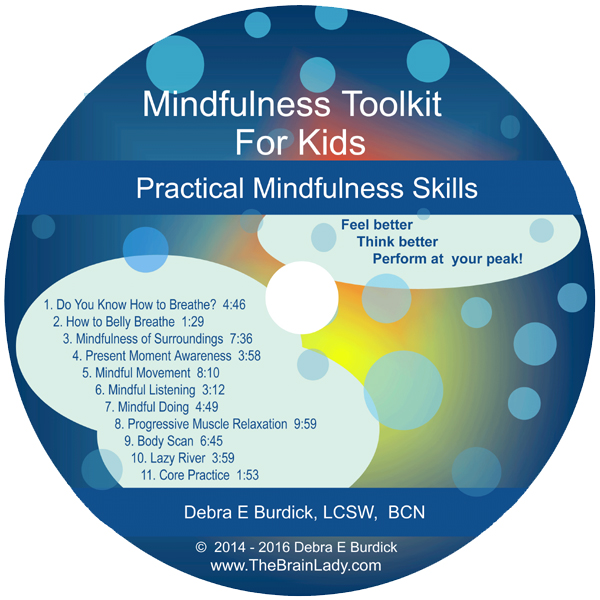
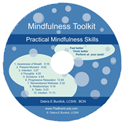
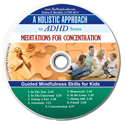
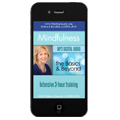
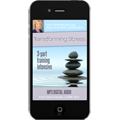
No comments yet. You should be kind and add one!
The comments are closed.